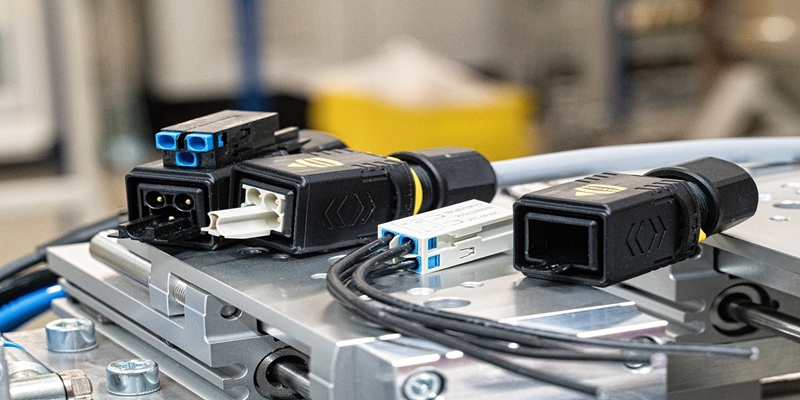Schedule a Call Back
Automation should be tailored to businesses' unique needs
 Interviews
Interviews- Nov 03,23

Related Stories

SME Magazine Honours India’s Fastest Growing Engineering Companies at NSE
The Smart Manufacturing & Enterprises (SME) Conference & Awards 2026 - held on February 11, 2026 at National Stock Exchange (Mumbai) - highlighted resilience and technology as the cornerstones of In..
Read more
Harting Launches PushPull V4 Power QuickLock Connectors
Harting unveils PushPull V4 Power QuickLock connectors with Han QuickLock technology for fast, tool-less field assembly in compact industrial and outdoor applications.
Read more
KWV Secures Rs 0.42 Billion Under Maharashtra EV Policy
Kinetic Watts & Volts will receive ?42 crore in phased incentives under Maharashtra’s EV Policy to expand robotics-led manufacturing and battery assembly for the Kinetic DX EV.
Read moreRelated Products

Fanless Industrial Pc for Smart Manufacturing
CONTEC Launches BX-M4600 Series - Fanless Industrial PC for Smart Manufacturing.













